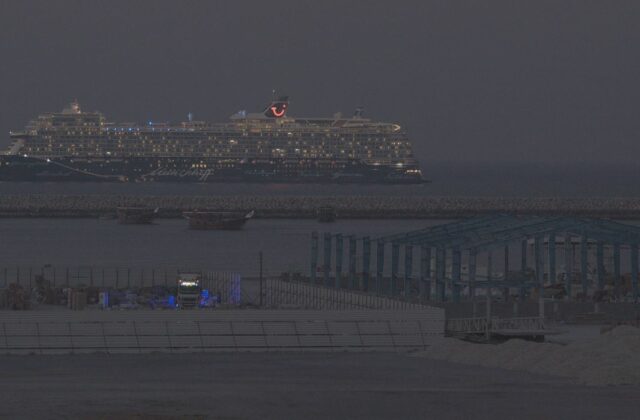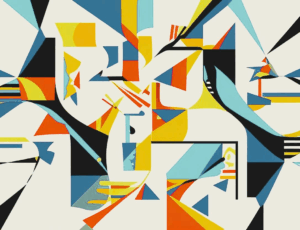Deemed the “New Suez,” the International North-South Transit Corridor (INSTC) consists of a network of railroads, ports and highways connecting Eastern Europe and Russia’s heartlands to the Indian Ocean. More than two decades after its inauguration, political geographers have paid little attention to how the INSTC’s transnational ambitions translate into local contexts. Rouzbeh Akhbari’s doctoral research attempts to fill this gap by narrating a segment of this transnational corridor’s complex labour geography through the perspective of the Iranians that engage in informal trade, livestock smuggling and sanctions circumvention in the INSTC’s terrestrial and maritime borderscapes in Oman, Azerbaijan and Iran.
Informed by three months of fieldwork in the Hormuz region, the strategic strait connecting the Sea of Oman to the Persian Gulf, this presentation will focus on the transformative impacts of top-down development projects against the backdrop of a historic regional reliance on border transgression and localized trade in livestock and foodstuffs. Akhbari will initially elaborate on a number of new megaprojects including national parks, free trade zones, and transit infrastructures that are aimed at formalizing traditionally informal labour and financial relations. Following a brief analysis of the small but strategic town of Khasab’s urban history since 2010, he will highlight how informal workers’ geoeconomic imaginations and political grievances collide with state-centric visions of logistics, ultimately shaping the material landscape of the INSTC’s border geographies.
To conclude, he will share excerpts from extensive conversations with Iranian informal traders to depict how narratives, embodied experiences, and popular imaginations of smuggling everyday consumables as a form of unsanctioned labor relate to evolving notions of sovereignty, citizenship, belonging and nationhood.
Akhbari’s ethnographic methods are deeply informed by his ongoing film practice. Excerpts from Point Rendezvou, his experimental documentary film in development on the same subject will also be screened during this presentation.
About Rouzbeh Akhbari
Rouzbeh Akhbari (b. Tehran, Iran) is an artist and geographer based between Lisbon and Toronto, whose research-based practice sits at the intersections of story-telling, critical infrastructure and border studies. He is currently conducting fieldwork in Oman and Azerbaijan as part of his doctoral dissertation at University of Toronto’s school of geography and planning.
Akhbari’s ongoing research is concerned with how the dispositions behind the Eurasian rail, road, and port networks dubbed the International North-South Transit Corridor (INSTC) translate into local contexts near Iran’s maritime and terrestrial borderzones. He is concurrently developing an experimental documentary titled Point Rendezvou that follows the informal livestock trade between the Caspian and Persian Gulf coastlines. Set in the border towns of Khasab, Oman and Astara, Azerbaijan his film traces the multitude of ecological, financial, and human forces that produce a transgeographical intimacy between these seemingly distant borderscapes.




